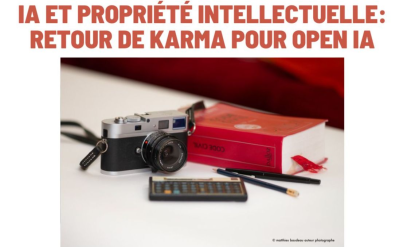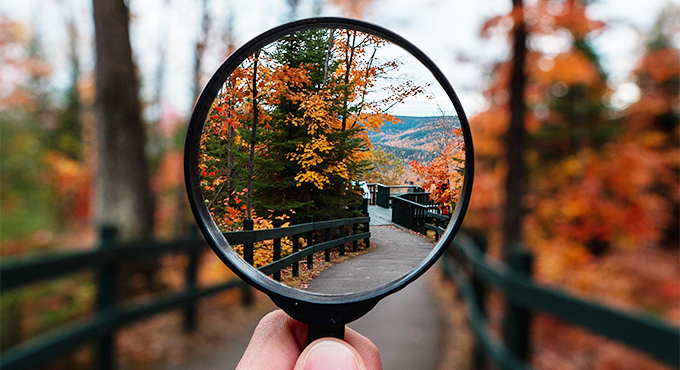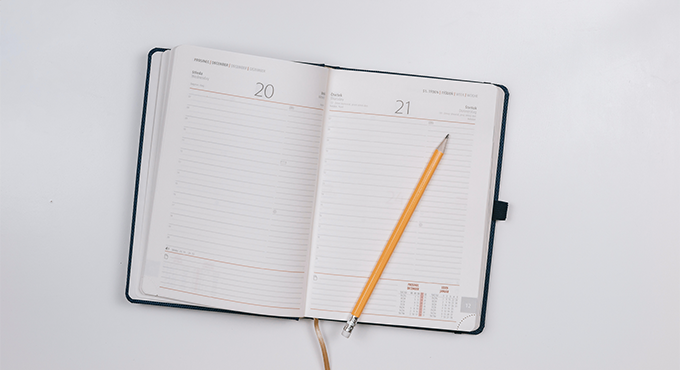News
Reflections on the turmoil caused by a new case law
On January 21, 2025, the Bordeaux Court of Justice handed down a decision that served as a reminder, if one were needed, of the fundamentals of copyright. In this case, the dispute was between Agence France Presse and the distributor of one of its photographs, who had used the image without authorization.
The court ruled:
- that the aesthetic and staging choices made by the photographer, even though he had no opportunity to choose the location which was in no way original, reflected the imprint of his personality on his photograph, conferring on it its "original" character, and its protection by copyright.
- The good faith of the broadcaster, who claimed to be unaware that the image was not free of copyright, is irrelevant in matters of counterfeiting.
- The immediate removal of the image from the site on which it was published as soon as AFP was contacted does not alter the fact that the infringement existed.
- AFP, by publishing this image under its name on its image bank, benefits from a presumption of copyright ownership.
- A screenshot is a form of evidence, and the person challenging it must show why it is dubious.
- the damage is both economic (loss of earnings from the unrealized transfer of rights) and moral (trivialization of the image)
The court handed down a heavy sentence to the counterfeiter.
(It should be noted that AFP had also, for safety's sake, submitted claims on the grounds of paratism and infringement of property rights).
This decision, as well as previous ones handed down by the courts on cases brought by AFP in very similar contexts, caused a bit of digital ink to flow. This was notably due to the fact that AFP uses the services of a specialized company called Picrights to monitor the exploitation of its images, which like others (such as Pixtrakk, a UPP partner), "crawls the web" to identify the pages/sites on which its clients' images appear, so that the said client can validate whether or not these exploitations have been authorized.
Some law firms, which have chosen to defend the juicy business of broadcasters rather than the rights of authors (the latter representing a less lucrative demographic for them), are up in arms about the use of these intermediaries, calling the tool "copyright trolling" and "an abuse of rights". According to them, Picrights and their colleagues "threaten Internet users using images from these photo reports. Bloggers, associations and companies that use photographs on their websites, believing themselves to be infringing, most often prefer to pay the agreed negotiated sum rather than submit their dispute to the courts." To hear them tell it, photographers and their representatives are extorting undue sums from honest entrepreneurs.
This recent decision is an excellent opportunity to remind these broadcasters and their lawyers that, contrary to what they suggest :
- Press photos are regularly recognized as original by the courts, and invoking counterfeiting when they are used without authorization or remuneration is not an abuse of rights, but rather an application of the rules protecting authors and copyright holders.
- Even if a photograph is not recognized as original by a court of law, this does not mean that it is not protected. As the fruit of the work, effort and know-how of its creator or rightful owner, it cannot be exploited without his or her agreement. Economic parasitism is the legal basis for punishing entities that profit from the work and investment of another without remunerating them.
SdR





No comment
Log in to post comment. Log in.